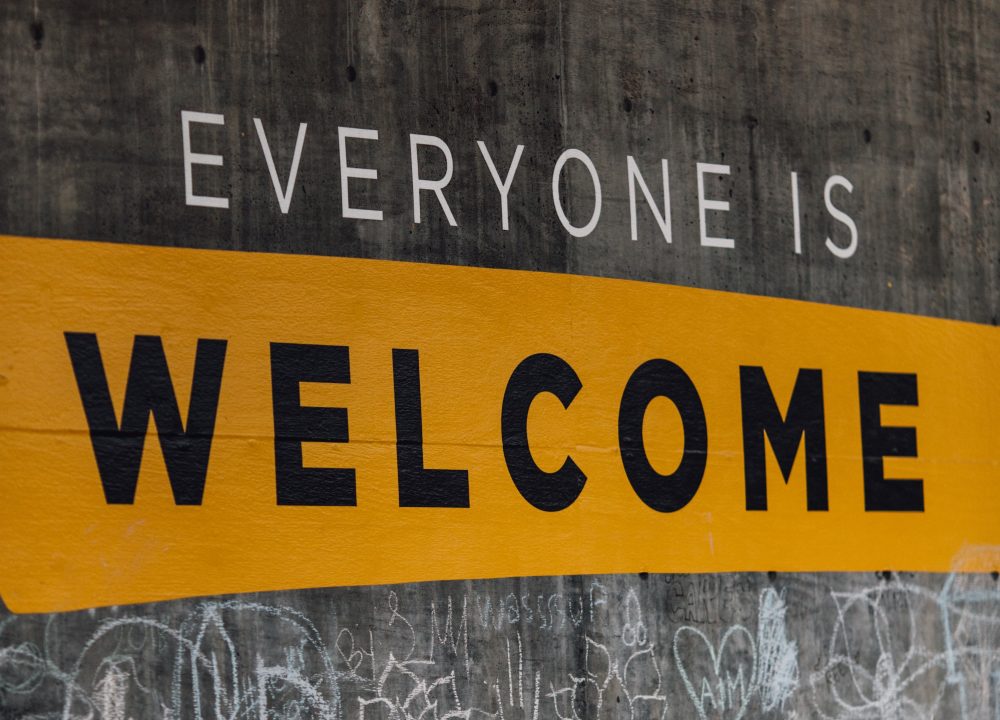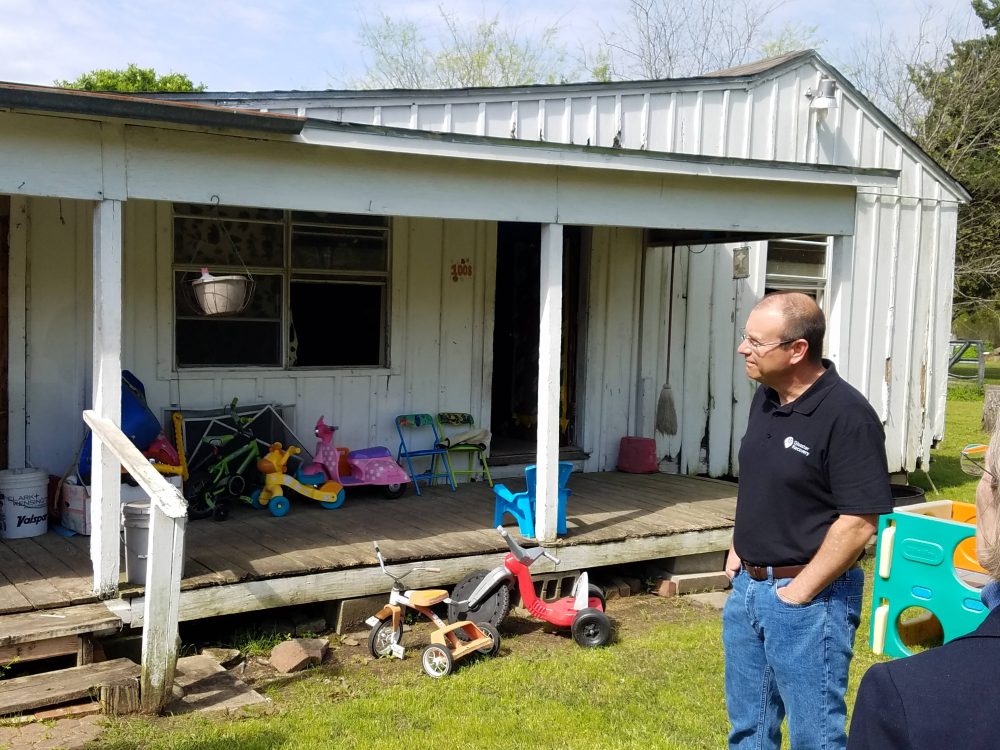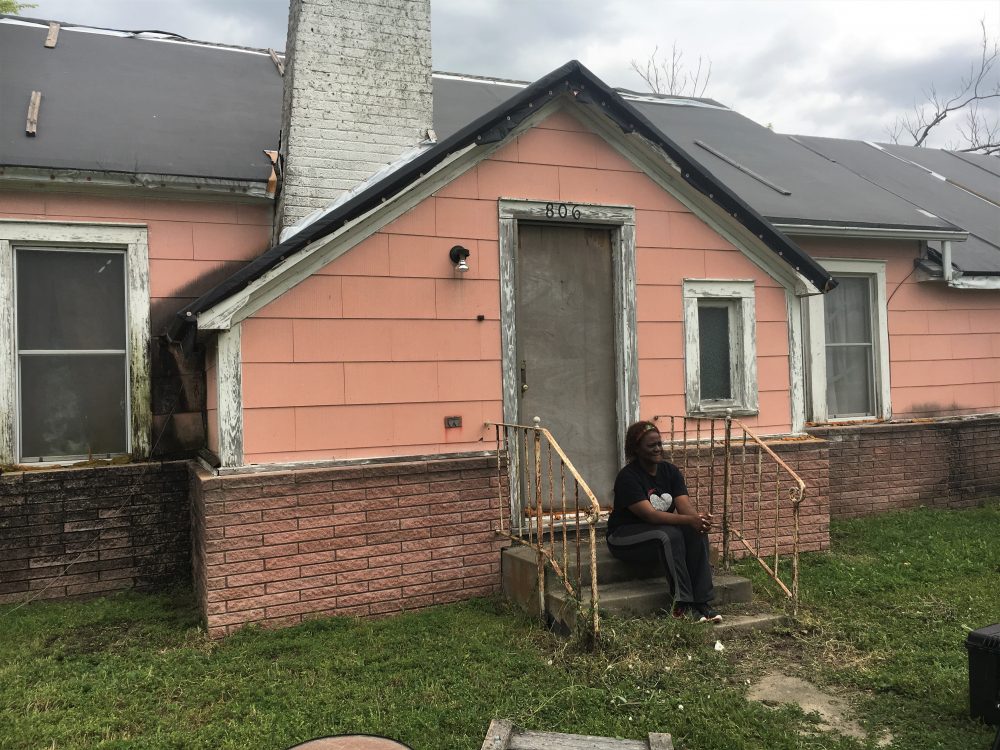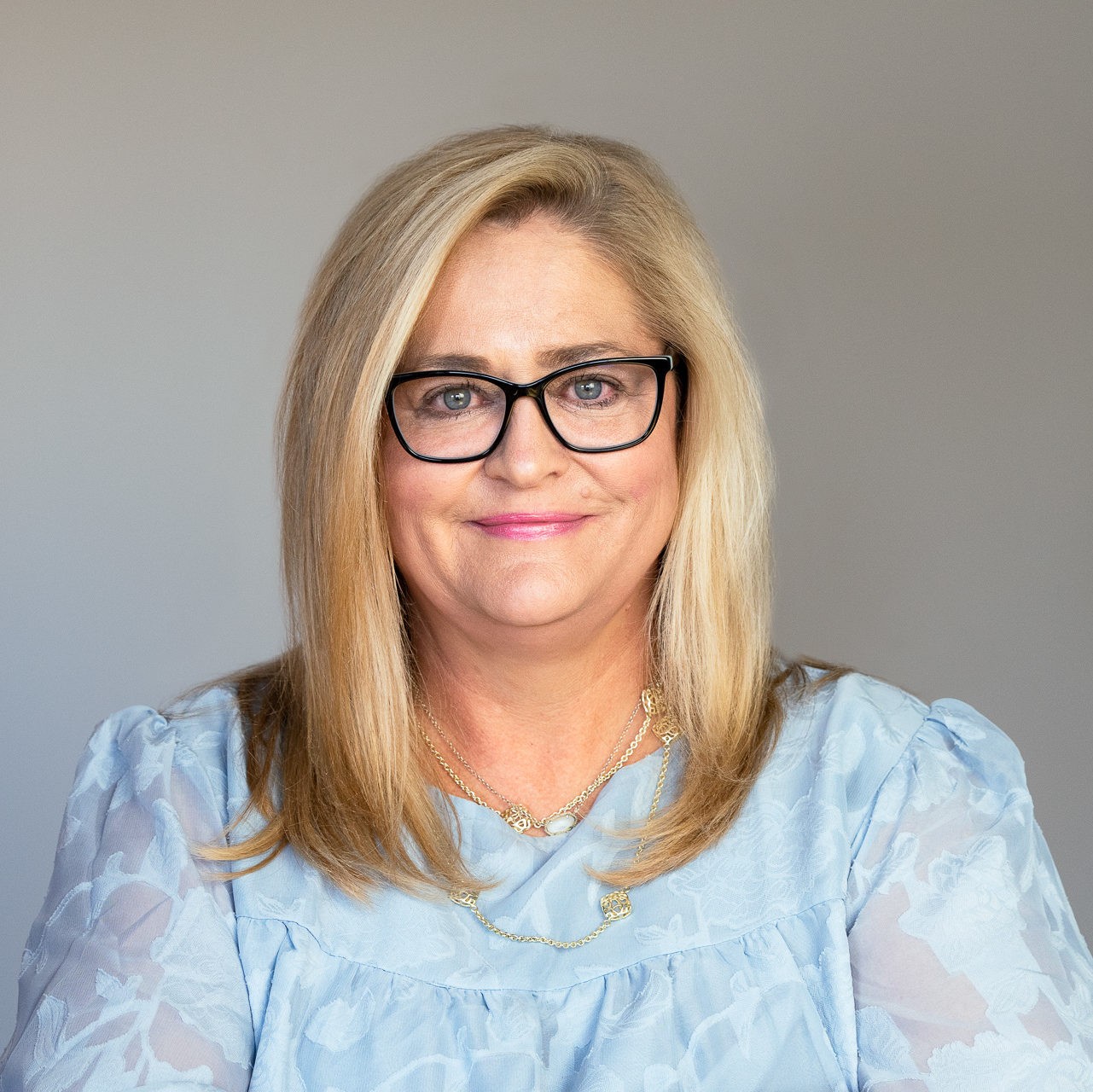Addressing the Unique Needs of Immigrants Before, During and After Disaster
As I sip my iced latte at my local coffee shop in suburban Houston, I’m listening to at least four different languages being spoken. I LOVE the cultural diversity of my city and my state – as demonstrated right here in my neighborhood. The Houston metropolitan area has one of the highest concentrations and fastest-growing populations […]

As I sip my iced latte at my local coffee shop in suburban Houston, I’m listening to at least four different languages being spoken. I LOVE the cultural diversity of my city and my state – as demonstrated right here in my neighborhood. The Houston metropolitan area has one of the highest concentrations and fastest-growing populations of immigrants and refugees in the country. And right now, to me, it’s on full, glorious display. This makes me smile. But it also makes me realize the importance of embracing, fostering and encouraging this multiculturalism in America … and how close we are to becoming something considerably different than what we have always been.
Our richly diverse culture is susceptible to all sorts of outside forces pushing it out and away, these days especially. And no force is more powerful than a full-scale natural disaster like Hurricane Harvey or any of the other disasters, like floods and tornadoes, that hit many states, including in Texas, this spring.
As research has shown, during every domestic disaster – including Hurricane Harvey – one of the most vulnerable populations affected are our immigrant individuals and families. With risk factors like linguistic isolation or lack of connection to a co-ethnic community or insecure documentation status, immigrants are at great risk before, during and after disaster events. And in many places, resources to support preparedness, response and recovery initiatives for these communities are almost, if not totally, nonexistent.
At the Center for Disaster Philanthropy, we focus our funding efforts to address the needs of the most vulnerable throughout the disaster life cycle. With the CDP Hurricane Harvey Recovery Fund specifically, we’ve partnered with the Houston Immigrant Legal Services Collaborative (HILSC), Equal Justice Works and others, to help these groups secure the resources they need for a holistic and community-wide recovery.
As a result of this partnership with HILSC and through a long-standing friendship with colleagues at Grantmakers Concerned with Immigrants and Refugees (GCIR), we are collaborating to host a series of blog posts and webinars that will help us share with fellow donors and philanthropic friends the unique needs of immigrant populations in disasters. And how best we can, as a philanthropic community, address those needs.
I’d like to invite you to join us for the first of these webinars, “Funding for Immigrant Communities Post Disaster,” on Thursday, July 11 at 2 p.m. ET. In this webinar, we will consider the role that philanthropy can play in supporting immigrants and their communities in recovery from disasters. Panelists will share information on:
- How private philanthropy can ensure funded organizations are truly addressing the identified needs of immigrants and their communities.
- Building equity in the disaster recovery phase for immigrants, communities of color, low-income communities and other vulnerable populations.
- Learning to be an agent of change for immigrants in building more resilient communities.
- The role of affinity groups in funding for these communities.
- How to talk to donors and potential donors about funding for the needs of immigrants, including those with sensitive document status.
You can mark your calendar and register now for the webinar.
In the coming months we will be exploring many aspects of the needs of immigrants. Additional blog posts by webinar speakers will follow and another webinar will take place for a deeper dive into the tools nonprofits and grantmakers can use to support their philanthropic interests in this space.
I believe we must find ways to sustain the diversity of our communities in the face of increasing frequency and increasing power of our domestic disasters. It is work that must be done with intention to ensure we mitigate risks and support recovery among those who are most vulnerable. Immigrants are a vital part of the fabric of our communities. Join us in learning more about how we can center our philanthropic efforts in ensuring immigrant resiliency.
More like this

No More Lights, No More Camera, But a Lot of Action: Hurricane Harvey Rebuilding Continues

